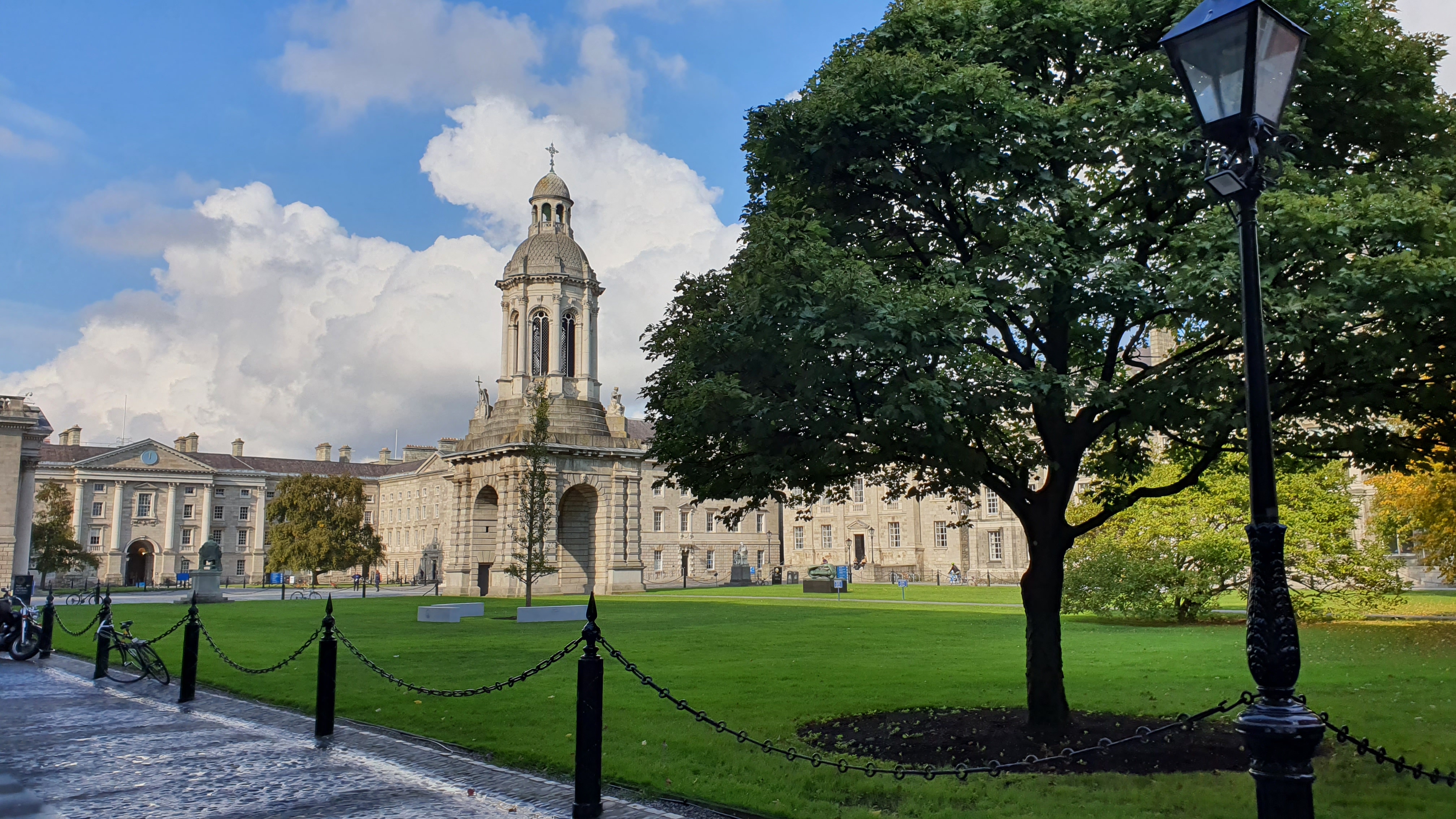Trinity has become the sixth university to have received the University of Sanctuary Award by the People of Sanctuary Ireland, an initiative which has been running since 2016. The aim of the initiative is to encourage universities and other higher education institutions to promote a welcoming culture for the asylum seekers.
To achieve the status of University of Sanctuary, Trinity first needed to prove that they have been educating the community about the experiences of asylum seekers and refugees and have created a steering group to promote long-lasting efforts at inclusion. Second, universities are required to demonstrate they have taken positive action to foster a culture of welcoming including providing scholarships or bursaries for refugees, supporting volunteering efforts by students and staff, and building their relationship with their City of Sanctuary group. Finally, institutions are encouraged to share the methods they found worked best to promote inclusion with other institutions.
Officially, Trinity began working towards achieving the University of Sanctuary award in 2018, when the Participatory Advisory Group was founded on the recommendation of the “Learning to Build New Lives” report in 2017. The group, co-chaired by Dr Gillian Wylie of the Irish School of Ecumenics and Dr Fintan Sheerin of the School of Nursing and Midwifery, fulfilled the requirement of a steering committee.
In 2019, progress towards Sanctuary status was made when Trinity provided four scholarships through the Asylum Seeker Access Provision programme for students in Direct Provision. These scholarships cover all fees, on-campus food allowance and public transport costs, as well as providing a stipend of €1,500 per year and a laptop. However, only two out of the four scholarships were awarded in 2019, with 2020 being the first year all four were given to students.
Trinity has been criticised for the relatively small number of scholarships provided, especially when they are viewed in comparison to scholarships for asylum seekers provided by other Universities of Sanctuary. University College Cork (UCC), which was awarded Sanctuary status in 2018, provides seven. University College Dublin (UCD) offers thirty scholarships, National University of Galway (NUIG) has twelve, Dublin City University (DCU) offers fifteen, and University of Limerick (UL) waives tuition fees for first-time higher education applicants who identify as refugees or asylum seekers.
Beyond financial support, Trinity has also been working towards promoting awareness of the refugee crisis through public lectures, volunteering by staff and students, and hosting the Dublin City of Sanctuary on World Refugee Day in 2018. The Registrar’s Civic Engagement Award for 2020 was given to Dr Rachel Hoare from the School of Languages, Literatures, and Cultural Studies for her efforts to help unaccompanied and separated children who are seeking asylum in Ireland through art psychotherapy.
Students have also been important drivers in Trinity’s path towards University of Sanctuary status. Trinity College Dublin Students’ Union (TCDSU) voted for a mandate to actively oppose Direct Provision in 2014, four years before the Participatory Advisory Group was founded in 2018. Students have been actively involved in promoting the end of the Direct Provision system, with the student movement Aramark Off Our Campus staging protests in 2018 to oppose the presence of the catering company for Direct Provision doing business on campus. TCDSU also hosts Refugee Week annually.
Ireland’s system of Direct Provision was set up in 1999 as a temporary measure where asylum seekers would stay in centres for no more than six months while their applications were processed, but many have lived in centres for years. The system has been widely criticised, including by human rights group Amnesty International. In October, an Advisory Group recommended direct provision should be ended and replaced by 2023. A government white paper detailing how to end Direct Provision was due in December 2020, but has been delayed until February 2021.






